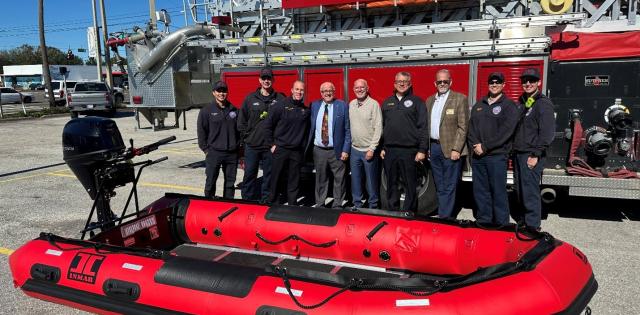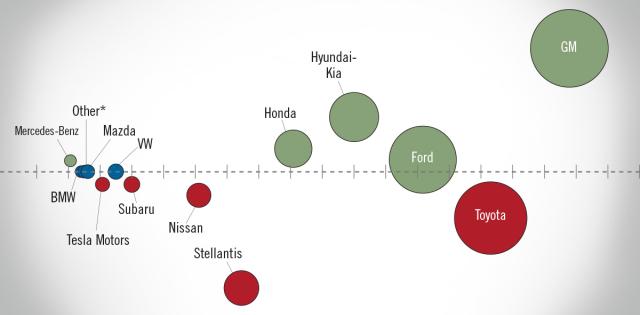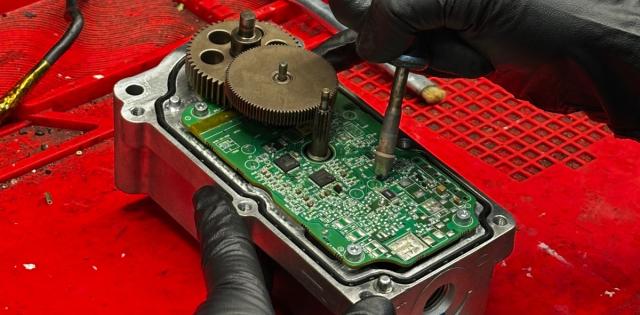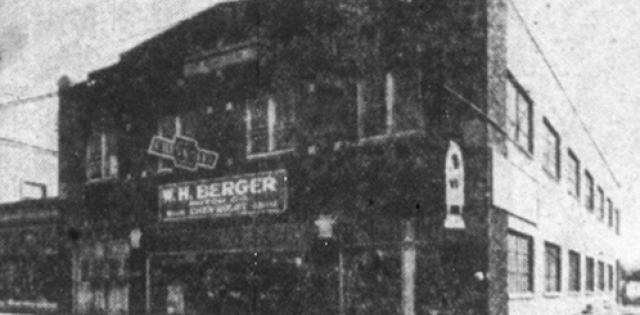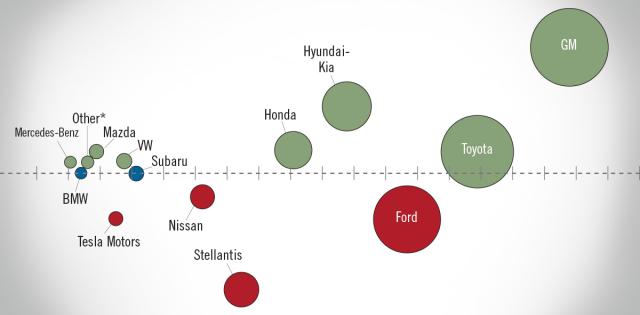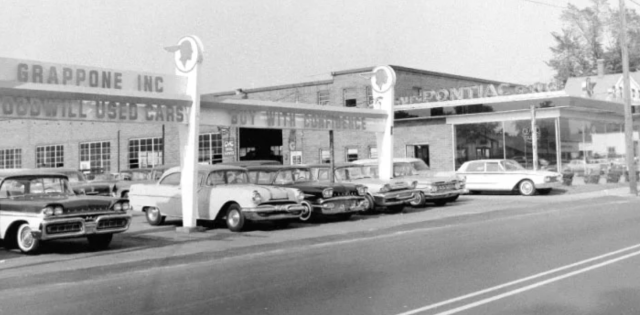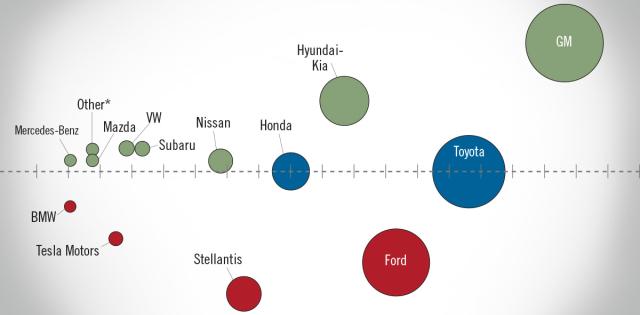Dealership managers who want to hone their management styles and establish a “culture of coaching” in all areas of the business will soon be able to participate in a new NADA Academy training program, Coaching to Accelerate Performance and Profits in Dealer Groups.
Telling your employees what you want them to do is not coaching. Coaching is developing your employees and tapping into their potential to achieve maximum results—for them, you and the dealership.
A recent article in Inc. magazine cited a study indicating that 64% of respondents felt they were not getting the coaching support they needed to succeed in their jobs.
Not buying it? Then consider this: The turnover rate for sales consultants and service advisors at new-car dealerships is one of the most challenging aspects in the retail-auto industry.
We won’t get into the costs associated with these turnover rates, but it’s significant when you consider lost productivity and the impact on employee morale. A likely reason for high turnover is that these folks felt they were not properly supported at the dealership.
That brings us back to coaching. Research shows that the best and most successful dealerships create a culture of coaching where every team member receives coaching, support and encouragement to help them develop into the best version of themselves both professionally and personally.
In his book, Coaching for Performance, the late Sir John Whitmore says the essence of coaching is “unlocking people’s potential to maximize their own performance.” Whitmore adds that creating a culture of coaching starts with ending the culture of blame, believing in your staff’s potential, and getting curious, not critical.
In fact, coaching is all about partnerships, collaboration and believing in potential. So, how do you make this happen?
Here a few important points to get started:
- Build a relationship of trust;
- Set clear expectations;
- Collaborate to develop meaningful goals;
- Provide excellent and actionable feedback; and
- Always have their back.
There is no silver bullet. Creating a coaching culture will take time, patience and effort.
As individual team members raise their game with your support, expect to see improved performance, a more stable team and an environment where employees want to show up for work in the morning because they realize they are being trained for success. Fullam brings a wealth of knowledge and experience to the NADA Academy.
His career spans more than 30 years in the auto industry working in the retail side of the business and at Chrysler where he trained dealers, dealership groups and OEM field staff in financial management, process improvement, leadership and profitability. Fullam attended Georgetown University, and earned a master’s degree in education from Penn State University.



